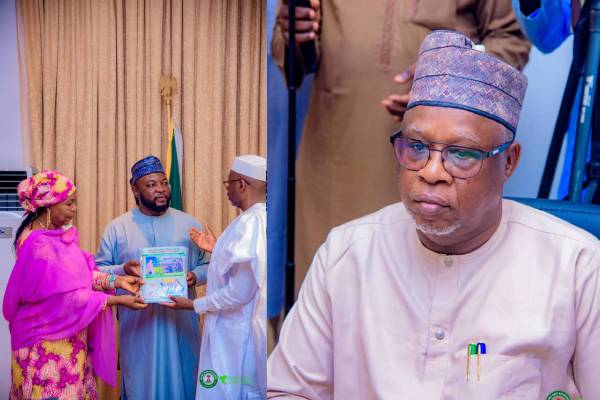Jigawa State Governor Umar Namadi says digital literacy is now a necessity for young people, as his administration steps up efforts to equip students with 21st-century skills.
Governor Namadi made the remarks while receiving a delegation from the National Information Technology Development Agency (NITDA) and the Peace Institute, accompanied by student volunteers from Harvard University, at Government House in Dutse.
The team is in the state to support Science, Technology, Engineering, Arts and Mathematics (STEAM) education in primary and secondary schools.
He described the initiative as timely, aligning with both President Bola Tinubu’s Renewed Hope Agenda and Jigawa’s 12-point development plan.
“What you have brought here is significant. It speaks directly to our future and our values,” he told the delegation.
Governor Namadi said nearly 20,000 teachers in the state have already received digital training. He also highlighted partnerships aimed at strengthening learning, including a five-year agreement with NewGlobe to improve foundational literacy and numeracy using digital tools.
He promised to study the new STEAM curriculum and integrate it into existing education reforms.
“Our Ministries of Basic and Higher Education will take full ownership of this programme to ensure it is sustained and scaled,” he said.
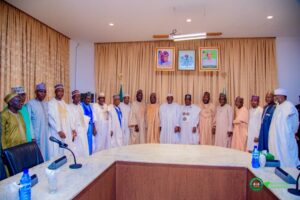
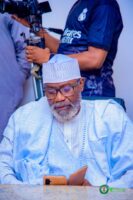
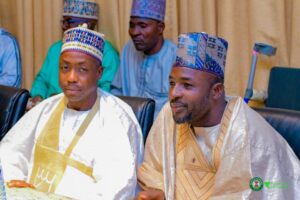
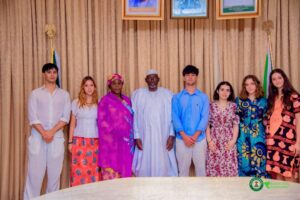
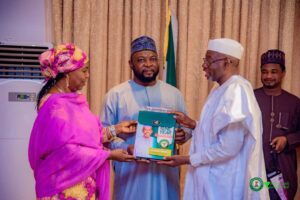
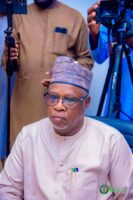
Dr Ahmed Tambuwal, Acting Director of Digital Literacy at NITDA, said the project supports the federal government’s goal of achieving 70% digital literacy by 2027.
“We’re working to build a digitally skilled population that can drive innovation and economic growth,” he said.
The Peace Institute, led by Professor Hauwa Ibrahim, is partnering with NITDA on the programme.
“This is not just about coding and robotics,” Professor Ibrahim said. “We’re helping children see that they can create, innovate and lead. We are making complex ideas simple, tangible and fun.”
She said the visiting Harvard students, aged between 19 and 21, have left behind the curriculum they developed to ensure local ownership and continuity.
“This is not a one-off,” she added. “We want this work to live on after we leave.”

